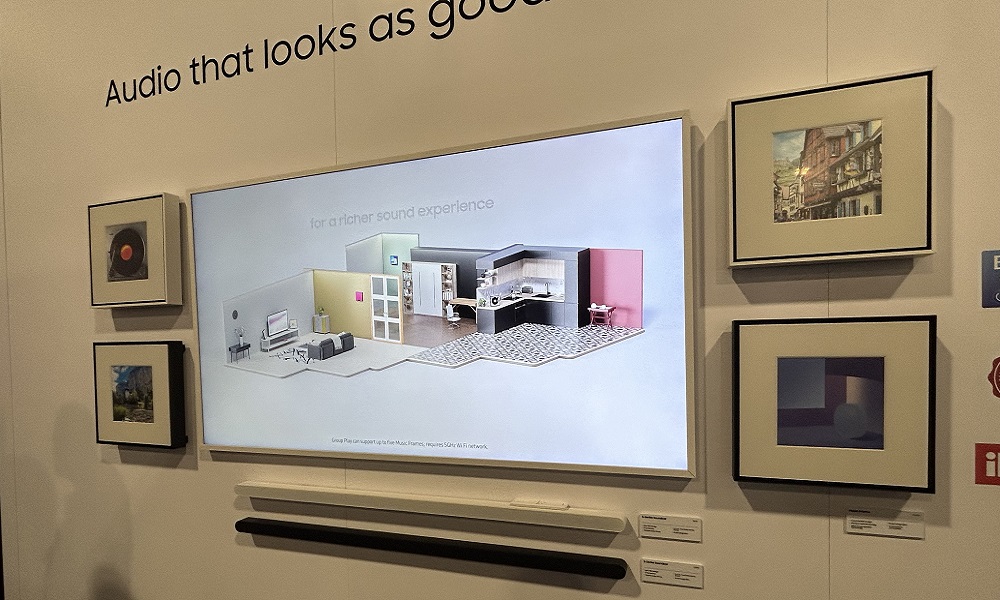The smart TV market is becoming very competitive, with new players consistently entering the market offering differentiated operating systems. However, one key player continues to dominate the U.S. market.
According to consumer technology research firm Parks Associates, the majority of U.S. homes with a smart TV use a Samsung model. The company’s research team finds that Tizen, the Linux-based operating system that powers Samsung TVs, has 37% of the market.
LG, Roku Pick Up in Smart TV Ownership Behind Samsung
Parks Associates didn’t list the percentages for the remainder of the graph that was released, but according to an unofficial AI-generated estimate based on graph sizes, LG’s webOS platform is second with around 22%. Samsung and LG are the only two smart TV providers with at least a 22% market share that both provide the software and manufacture their own TV sets.
Roku, which also makes its own TVs in addition to streaming boxes and operating systems that are built into TVs from other manufacturers such as TCL, was third with a market share of about 18%.
Android and Google TVs were next with a share of about 10%. Similarly to how Roku operated in the past, Google makes streaming devices such as the Chromecast and the new Google TV Streamer in addition to making its operating system available to TV makers.
Amazon’s Fire TV OS, which can be found in Amazon-made TVs and Fire TV streaming devices, as well as third-party TVs, captures about 5% of the market. Meanwhile, Comcast’s XClass TV takes in about 2% of the market.
Another 6% say they either use other smart TV systems or simply don’t know what the system is.
A Common Thread: Most Smart TVs Have Built-In Integrations With Home Control Platforms
What is notable is that many of these operating systems integrate well with smart home control platforms. Parks Associates says the position of TVs, which are the most-used device in homes, will play an important role in expanding smart home capabilities.
Not listed here is TiVo, which has said that it plans to begin providing its TiVo OS platform to manufacturers in the U.S. by the end of the year. Additionally, while it won’t be creating its own hardware, the recently announced Ventura OS by The Trade Desk, is an upcoming smart TV OS that is absent from the list.
Also not listed is Apple TV, which currently only offers its software in the form of streaming devices, although the company is rumored to again be exploring its own line of TVs amid what appears to be a renewed emphasis on the smart home market.







